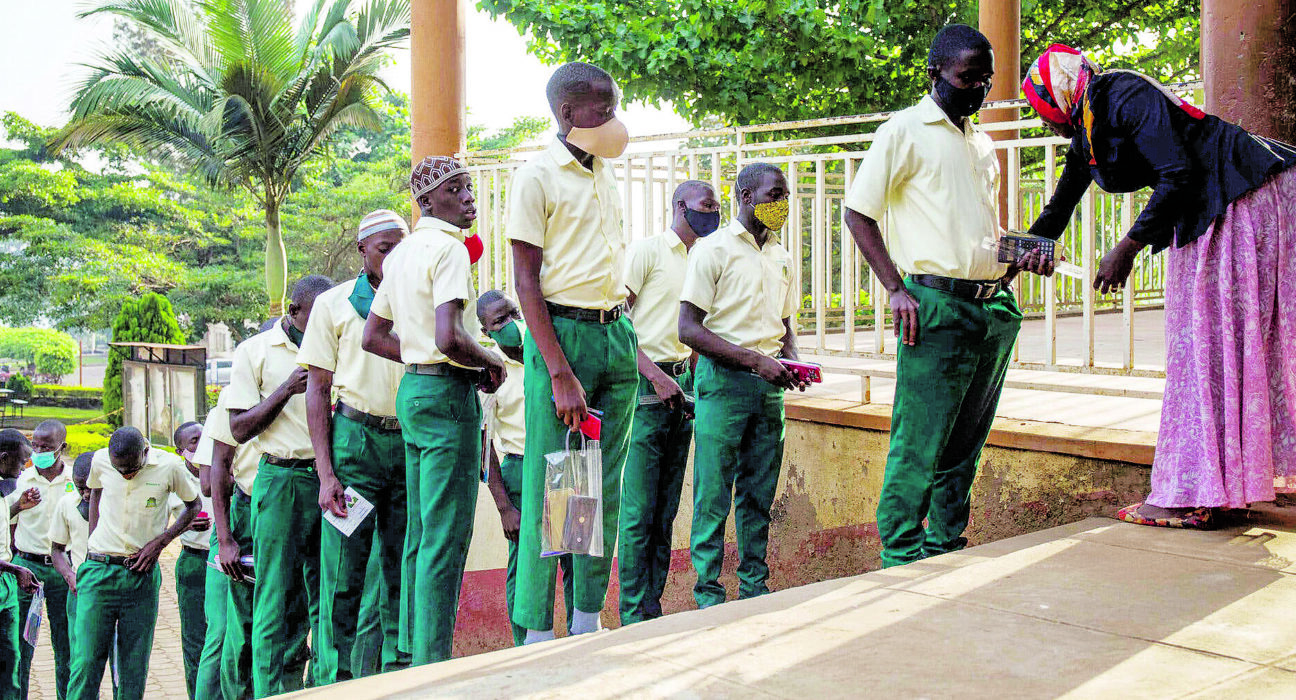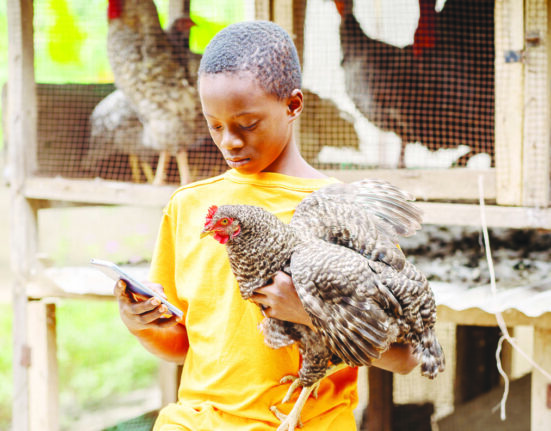By Umar Nsubuga
Schools are set to open in January, months after they were closed to manage the spread of COVID-19. For many parents, the reopening comes with both joy and anxiety.
Joy, that children will now be actively engaged; and apprehension about meeting the school demands amidst the economic challenges brought about by the COVID-19 pandemic.
Below are tips on how parents can meet their obligations without losing their sanity.
Negotiate Fees Payment Plan
From time immemorial, parents used to sell coffee, cotton, livestock or carry out business to fulfil their financial obligations, including tuition fees.
However, many enterprises are struggling, owing to the havoc wreacked by the COVID-19 pandemic and parents are grappling with raising tuition fees.
Martin Kalema, an education consultant, says many schools in central Uganda charge sh500,000- sh2.5m, on average, as tuition fees per term.
Ali Lwanga, an educationist, advises that if one cannot afford to pay tuition fees in one go, one should visit the child’s school before it reopens and negotiate for a flexible payment plan. He urges parents to meet their end of the deal or else they may be denied the option of flexible payment schedules the next time they need them.

Work With A Budget
Kalema advises parents to draw a budget for what they can afford. Kisembo adds that it is important to set priorities, in consultation with the child.
Joseph Male, a parent, advises planning for grub in moderation, otherwise excessive amounts may derail a learner from focusing on lessons as they are always thinking about food.
As a side note, Kalema advises that the challenging economic times are the best opportunities to instil financial discipline among children.
Children learn best by example. Preparing the budget with your child will enable them learn how to make and adhere to a budget. Kalema says let the children suggest what they can forego.
Talk With Your Child
Kalema says as a parent, it is important to explain to your child why you are not able to provide everything on the shopping list.
There are guidelines one must follow during this discussion.
“Do not abuse, threaten or shout at the child when they inquire why you are not providing everything on the list. Explain to them in a calm manner about the situation at hand,” Kisembo advises.
During this talk, the parent should also address the ripple effects of not being able to afford everything on their child’s list.
Kalema explains that such ripple effects could be a child developing a sense of trepidation at having to depend on students who come from well-to-do families, which may affect their self-esteem.
Pool Resources With Others
Mike Senoga, an economist and consultant, advises parents to work together. For instance, as parents in the neighbourhood, you can pool resources and buy some of the requirements in bulk and at wholesale prices, which is considerably cheaper than the retail cost. Such items include toilet paper, exercise books, pens, pencils, brooms and reams of paper.
He, however, cautions that for such an arrangement to work, you need people who are committed to paying their contributions.
School Demands
Many parents complain that demands by schools are excessive and call for the intervention of the regulators.
“The ministry should set standards for schools requirements,” Kalema says.
“I know this is one of the issues that the ministry has been trying to work out, but it is taking too long,” Kisembo observes.
Schools should limit grub that a child should take, according to Aisha Namirembe, a retired teacher in Mukono
“Where possible, the school can provide some of the requirements at a subsidised price to prevent learners from bringing more than they need, so that they stay focused on their studies,” Namirembe says.
According to Hadija Nalule, a mother of two, in cases where a parent thinks that what the child is asking for is more than what is necessary, they can consult with the teachers to determine what to focus on.
Nalule says parents should not keep a child at home because they have not got everything on the shopping list.
“If you have paid the fees and the child will be assured of having meals at school, then there is no need of keeping them at home.
Essentials First
No parent would want to deprive their child their personal requests, in addition to what schools are demanding.
However, experts advise that parents should handle the essentials first.
Peter Kisembo, a child learning psychologist based in Wakiso district, says for many parents, essentials include tuition fees, text and exercise books, reams of paper, brooms, toilet paper, uniform, as well as implements like slashers.
On the other hand, learners, have their own definition of essentials, which include pocket money and grub.
Experts advise that learners should be given the things that the school will not provide, but they cannot do without. These include personal effects, such as soap, toothpaste, toilet rolls and sanitary towels, especially for learners in boarding school.
For students in day school, Kisembo says paying for school lunch and transport for learners travelling long distances is essential.
Immaculate Namukasa, a parent, says at times schools do not provide learners with good food. In such a situation, the child suffers when their parents only rely on school provisions.
(This article was first published on Wednesday, December 29, 2021)









Leave feedback about this